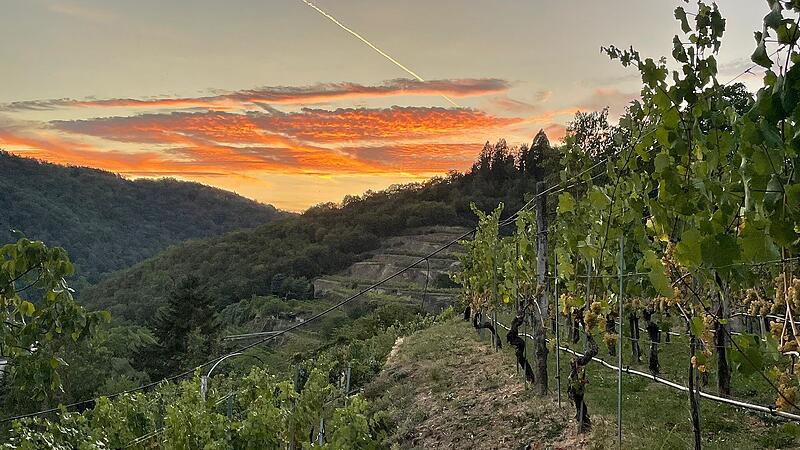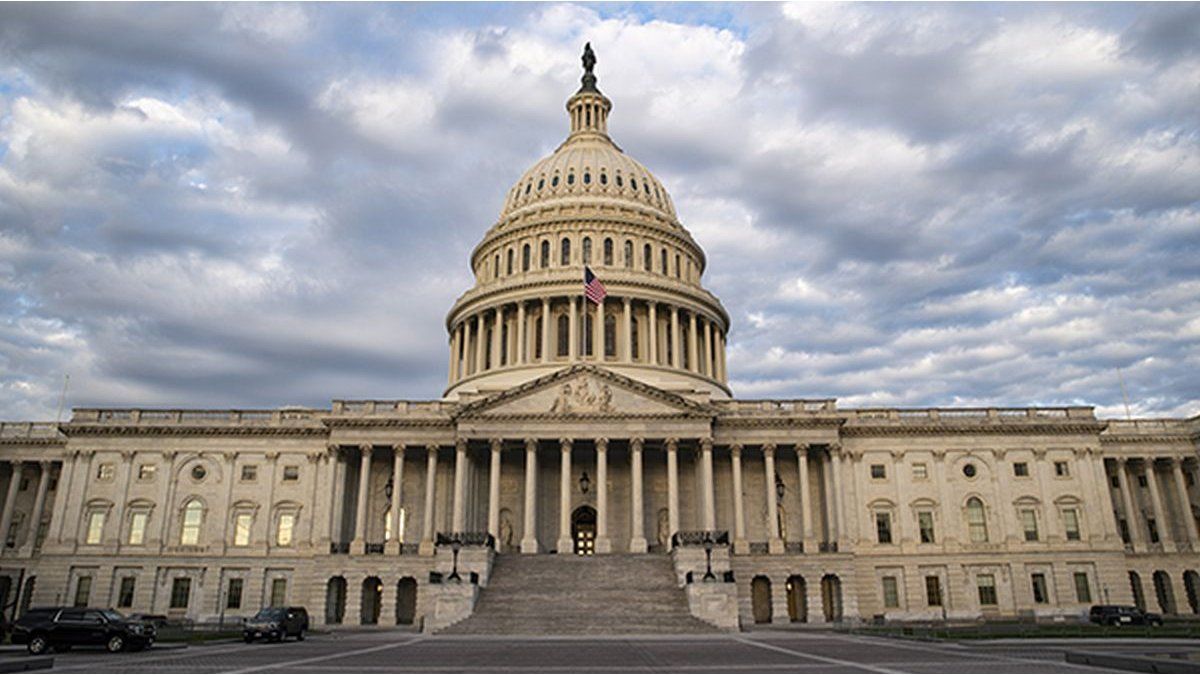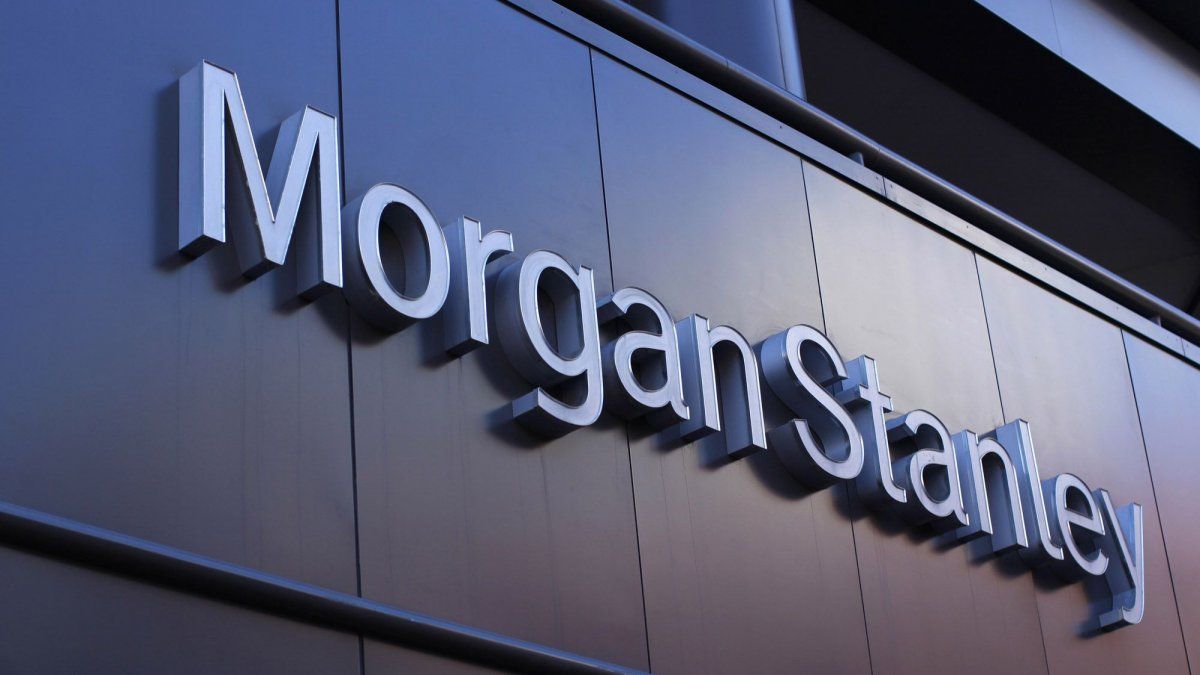Image: Hans Stoll
What remains in memory in terms of climate is a large interplay of phases of heat, coolness and precipitation, which shaped the entire course of vegetation. After a dry winter, which fortunately hardly led to any early budding, and a period of cool weather until around mid-April, there was a relatively late budding towards the end of the month. Flowering began slightly late in mid-June, but this did not cause any panic as one can usually assume that the harvest will occur around 100 days after flowering.
July and August were typical summer months and September started very promisingly with perfect late summer weather. Unfortunately, on Wednesday September 13th, a wide area between Lengenfeld, Stratzing and Strass in the Krems and Kamptal was hit by a strong thunderstorm with severe hail damage, which was completely unusual for this time of year. The rest of the autumn was at its best. Very good and healthy grape material came into the cellars throughout and this means that this year’s wine quality will be approximately the same as the high level of the 2021 vintage. Not a vintage of the century, but definitely a great vintage, with an average harvest of around 2.4 million hectoliters.
Some of the discussions that took place in the Wachau, some of which were very heated, will also be remembered. Some winemakers are rethinking the system of legally protected names Steinfeder, Federspiel and Smaragd. The critics are of the opinion that the designations of origin according to regional wine, local wine and Riedenwein – i.e. the DAC system – would be more forward-looking.
However, the discussion becomes more critical when it comes to the change in the location names. On top of that, the vineyard names should be further divided into Große and Erste Lage. Regional and national committees should decide which winemakers are allowed to decorate their wines with these designations. With this classification, agricultural values of at least 45,000 hectares are taken into account. shifted up or down and many see economic disadvantages coming their way. The ball is already in the court’s court, as a group of winegrowers feel that their equal opportunities have been violated and ultimately the Constitutional Court will be dealing with it. A topic that will continue well into the coming year. So it remains exciting to see what happens next year.
more from wine blog
Markus Huber Winery: Characterized by the Traisental terroir
Ice wine, the winemaker’s liquid gold!
The young wine wave – sense or nonsense?
4 Austrian wineries among the top 100 in the USA
: Nachrichten
David William is a talented author who has made a name for himself in the world of writing. He is a professional author who writes on a wide range of topics, from general interest to opinion news. David is currently working as a writer at 24 hours worlds where he brings his unique perspective and in-depth research to his articles, making them both informative and engaging.




